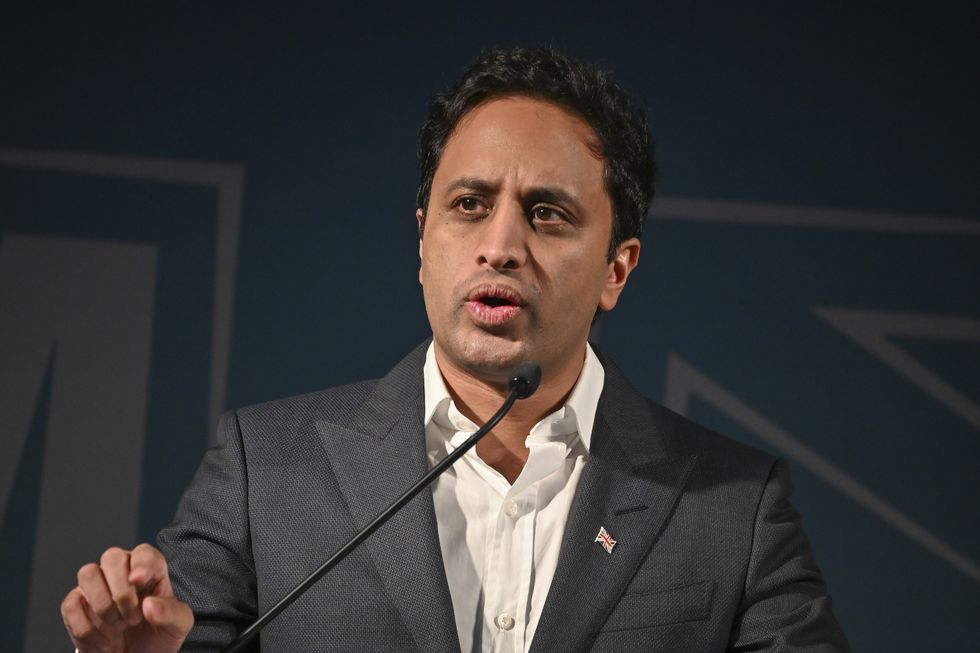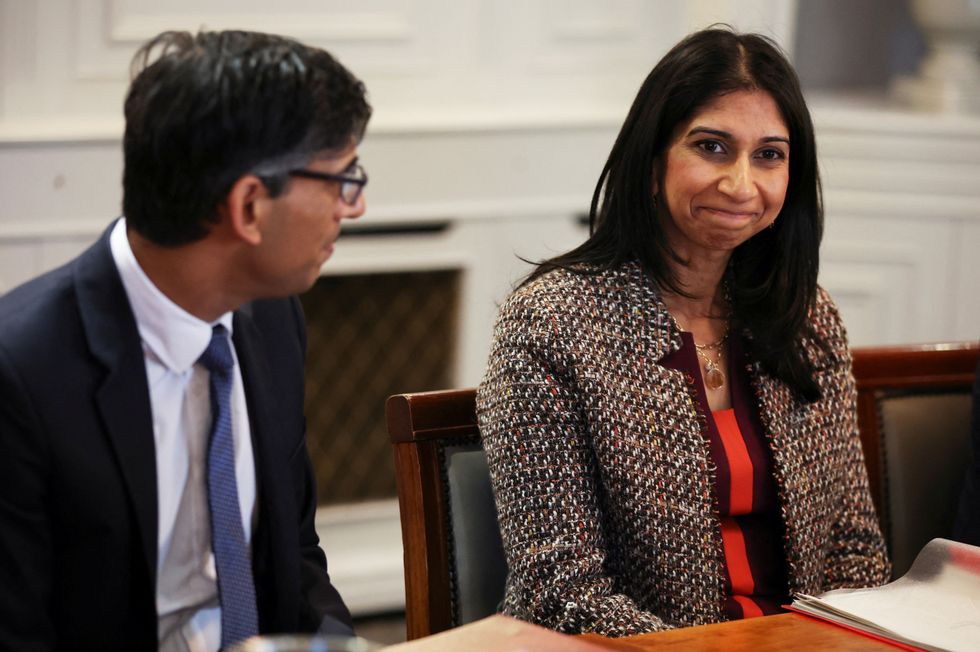PRIME MINISTER Keir Starmer’s promise to reduce immigration by improving domestic workforce skills might not yield the desired results, according to government advisers.
The Migration Advisory Committee (MAC) has suggested that broader strategies are necessary for achieving substantial reductions in net migration, the Times reported.
The Labour leader announced plans to reform the points-based immigration system, aiming to ensure employers invest in training local workers before hiring from abroad. A forthcoming white paper will detail the government’s strategy to enhance skills and lower immigration figures.
However, the MAC’s latest report cautioned against relying solely on this approach, highlighting that it may not address the complexities of immigration trends.
Prof Brian Bell, the committee’s chairman, stressed the need for sector-specific strategies. “Increasing domestic skills is valuable on its own, but it doesn’t guarantee a significant drop in immigration reliance,” he said. Bell pointed out that employers often recruit internationally to secure the best candidate for specialised roles, regardless of the availability of domestic talent.
The MAC report identified construction and higher education as industries where improving domestic skills would have limited impact on migration. For instance, in higher education, universities prioritise hiring the most qualified individuals globally, while in construction, small and medium-sized businesses rarely rely on immigration to fill labour gaps.
“Construction requires more apprenticeships in areas like roofing, carpentry, and bricklaying,” Bell explained. “But even if we improve training in these fields, it won’t significantly affect immigration numbers since the industry doesn’t heavily use the skilled worker route.”
Conversely, nursing was highlighted as an area where reducing reliance on migrant workers could make a noticeable difference. According to Bell, training British nurses could lower both direct immigration and the arrival of dependents accompanying overseas recruits.
Recent statistics from the Office for National Statistics show net migration falling from 906,000 in the year to June 2023 to 728,000 in the year to June 2024. This decline was partly attributed to restrictions imposed by the previous Tory government, such as limits on family members accompanying foreign students and care workers.
Bell acknowledged the progress but urged caution. “While recent policy changes have contributed to the decline, linking skills and immigration policy as a universal solution may not work. Each sector has unique circumstances that must be considered,” he said.
The MAC also highlighted the fiscal benefits of migrants on skilled worker visas. In 2022-23, the average migrant on this visa contributed £16,300 to public finances, significantly more than the £800 contribution from the average UK-born adult. These figures were based on the minimum salary threshold of £18,600, which has since been raised to £38,700.
The report emphasised that understanding the fiscal impact of migrants is crucial for shaping future immigration policies. Additionally, the government has expanded the MAC’s capacity, making the chairman’s role full-time and introducing a deputy chairman position to strengthen the advisory body.




















 Zia Yusuf
Zia Yusuf
 Sunak with Boris Johnson
Sunak with Boris Johnson Sunak with Suella Braverman
Sunak with Suella Braverman